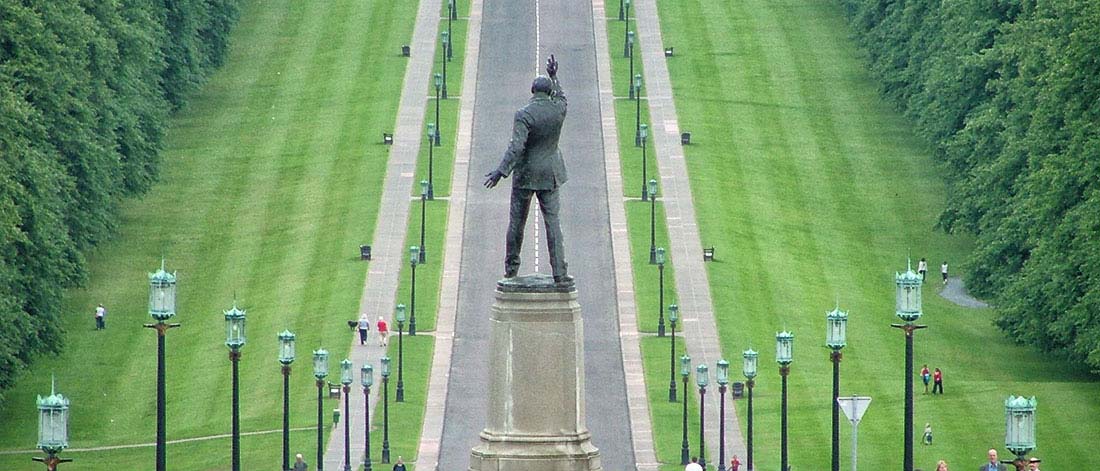
This is a question that is often debated among the members of the profession and in most cases, it is a fairly innocuous subject. Professional historians, it is contended, bring a scientific objectivity to the study of the past, and present the facts about various events without letting the values of the present day cloud their judgement. Therefore historians should be able to deconstruct myths created to suit present political agendas and ensure that versions of the past which serve the interests of certain sections of society should be exposed through the objective scholarship that will inevitably counter them.
In societies where violent conflict is within living memory and division over ethnicity, religion or politics continues to have a negative impact, historians will often be called upon to apply their skills to address the legacy of such conflict. Such calls have been heard frequently in Northern Ireland, where contested versions of the past follow the division lines of the present day. The Stormont House Agreement, billed as a consensus of sorts, on how to deal with the past in Northern Ireland calls for the establishment of an oral history archive and a ‘factual historical timeline and statistical analysis of the Troubles’. It does not take a stretch of the imagination to assume that professional historians are the ideal people to carry out this work, and continue it into the future.
But are we placing too much faith in the objectivity of historians? Historians are human beings with the same biases as everyone else. Most in the field would admit to this, but argue that it is part of their job to disregard their personal feelings and biases in order to construct objective accounts of the past. In such a scenario, historians would appear to be the ideal candidates to ‘deal with the past’ in post-conflict societies. But, there are others who argue that historians can be driven by prevailing winds to present the past in a way that suits a certain narrative. For example, some of the most respected historians of modern Ireland have been accused of ignoring evidence and using certain types of language and labels in order to create a narrative of democratic state formation in the south of Ireland.
Also, it is not just how we remember the past, that influences the present, but also who and what we remember. For example, the role of women in history has not been given the attention it deserves. In Ireland, we often get so caught up in political and religious identities and allegiances that we can forget about gender, class, sexuality, and a host of other categorisations that can only serve to improve our understanding of the past. When it comes to writing the history of the Troubles, historians need to learn the lessons of their own profession’s development, and ensure that a black/white, good/bad, national identity driven history of the Troubles is not forwarded as being in any way near definitive. The nuances of everyday life in Northern Ireland in the second half of the twentieth century must be appreciated and incorporated into the history of the conflict. Can we trust that histories of women, the working class, ethnic minorities, the LGBT community, and punks will be given equal status to the bombs, the bullets and the men of politics? A truly objective history of the Troubles will have to go beyond the latter.
My colleagues and I will be discussing these issues in more depth on Wednesday 11 March at 1pm in Ulster University’s Belfast Campus. We will speak very briefly about our positions on whether historians are a suitable profession to address the legacy of the Troubles, before opening the floor for a discussion of the points raised. We intend this to be a very informal event, where all viewpoints will be welcomed and engaged with in a respectful manner. The views of those not wrapped up in the world of history writing will be especially welcomed.
The speakers will be Cillian McGrattan (Ulster University), Adrian Grant (Ulster University), Grainne Kelly (Ulster University), Susan McKay (Freelance Journalist) and Sean Byers (QUB & Trademark). Some issues that we will consider:
Adrian Grant
Photo: BetacommandBot/CC BY-SA 3.0